Rare Fort Worth history on display at this neighborhood store. Call for appointment
Many Fort Worth residents value their neighborhood’s history. Some people collect antiques in an effort to preserve the past. No one is really the keeper of history in Stop Six, but ex-Dallas Cowboys linebacker David Howard has been collecting as many items as he can get his hands on. Now he’s putting the collection of over 100 items on display.
Stop Six is a four-square-mile neighborhood that was established in 1896 by African American pioneer Amanda Davis. At the time, she paid $45 for one acre of land where she raised poultry and built a cabin. The neighborhood became home to a plethora of Black businesses in the early 20th century. Howard has been collecting treasures from that era for 35 years.
“A lot of our history came through ingenuity and it became part of our sustainability mechanism. I started collecting the items so people can see how far we’ve come and understand that a price was paid so we can live how we live now,” Howard said. “I want to transform this collection into a community museum so people here can know and value our history. People can come visit anytime by appointment.”
Howard’s collection includes a variety of items, like icebox refrigerators, stoves, telephones, and antique horseshoes dating as far back as the 1860s. Here are five items you can find at his Empower Me antique store located at 3100 E. Rosedale St.
? More trending stories:
→Snakes are crawling out of hibernation in Texas. Check the toilet before taking a seat.
→In Texas, set your thermostat at 80 when it's 100 degrees, expert says.
→Groceries at this national chain are the cheapest, study finds.
Schoolhouse Fashion Desk, 1881
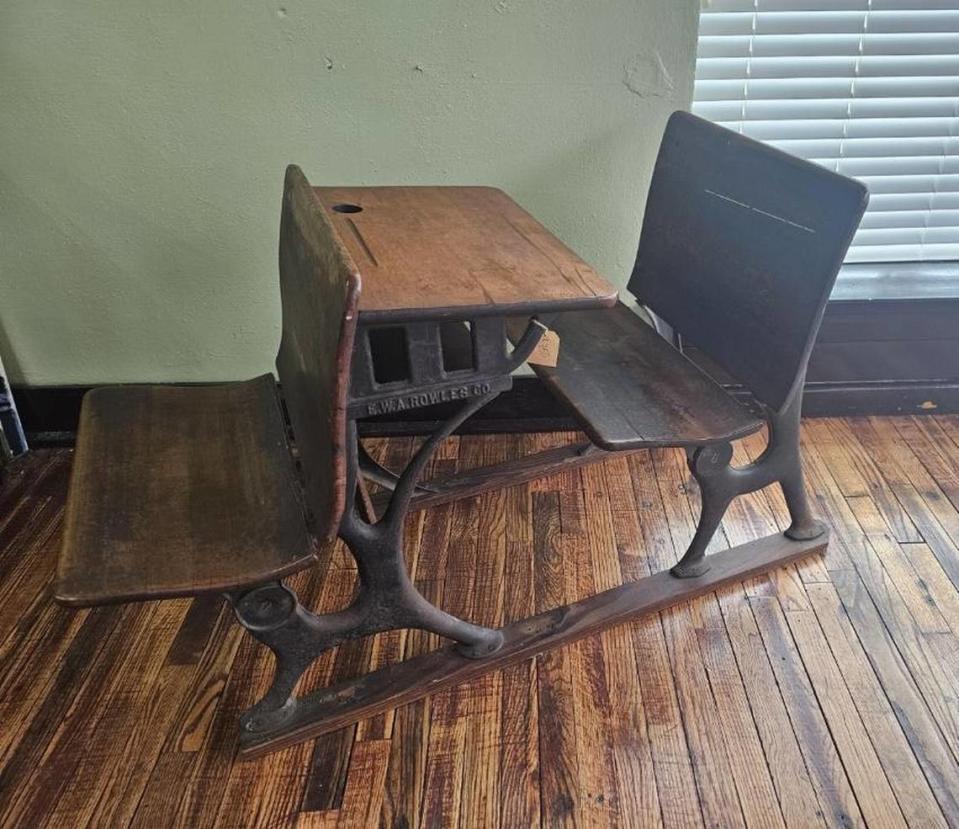
The fashion desk was used by students at Maudrie M. Walton Elementary School in Stop Six during segregation in the late 1950s. The school was built in 1954 and was originally known as Rosedale Park Elementary. The desk was built by The Sidney School Furniture Company, located in Sidney, Ohio. It had a Patent T-head, which joined the cast iron legs to the wood of the top, back, and seat, eliminating the need for screws and bolts.
Franklin Stove, 1910
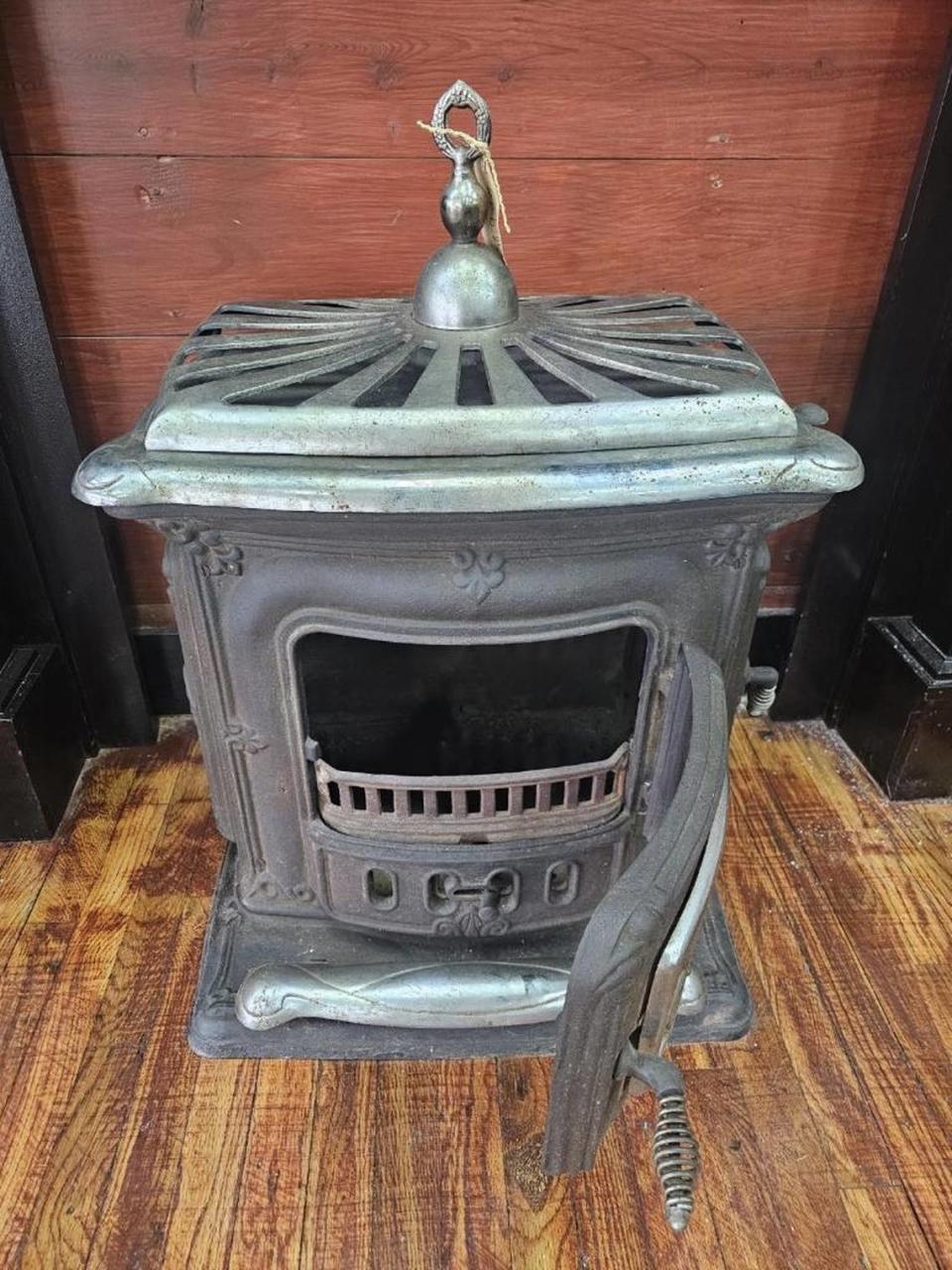
This is a 1910 replica of a colonial-era wood fire stove. Howard found it at a real estate sale in Stop Six. The stove was operated by putting wood in a firebox that was enclosed by fireproof walls. The firebox and stove was connected by air vents which regulated the amount of airflow.
Victrola Record Player, 1930s
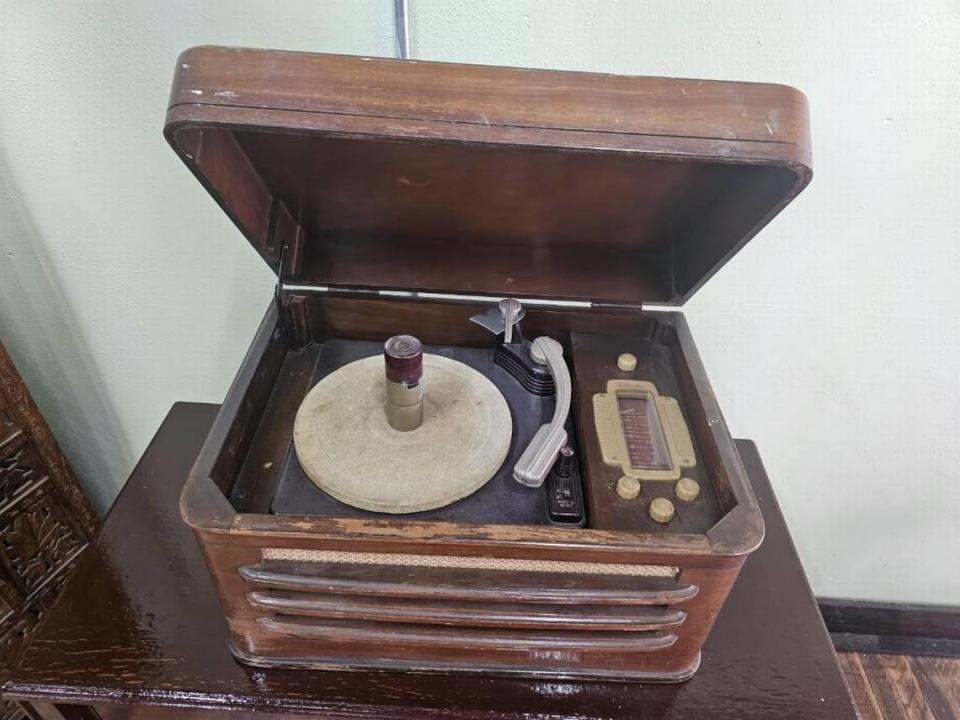
This was the first record player made specifically to play electronically recorded phonograph records. The turntable is powered by a motor, and a speaker horn mechanically amplifies the sound. The device played records at a 78 rpm speed. It was also found at an estate sale in Stop Six.
Mammy Caricatures, 1920s
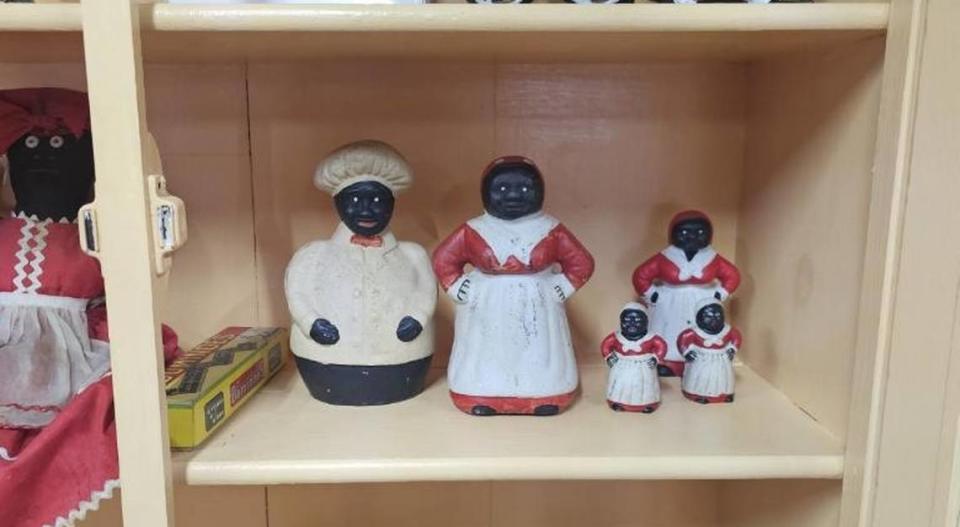
According to the Jim Crow Museum, the mammy was the most well known and enduring racial caricature of African American women. During slavery, the mammy caricature was posited as proof that black people — in this case, black women — were contented, even happy, as slaves. Her wide grin, hearty laughter, and loyal servitude were offered as evidence of the supposed humanity of the institution of slavery. Howard collected these mammies at an estate sale in Stop Six.
Vintage Cast Iron Pulley, 1880s
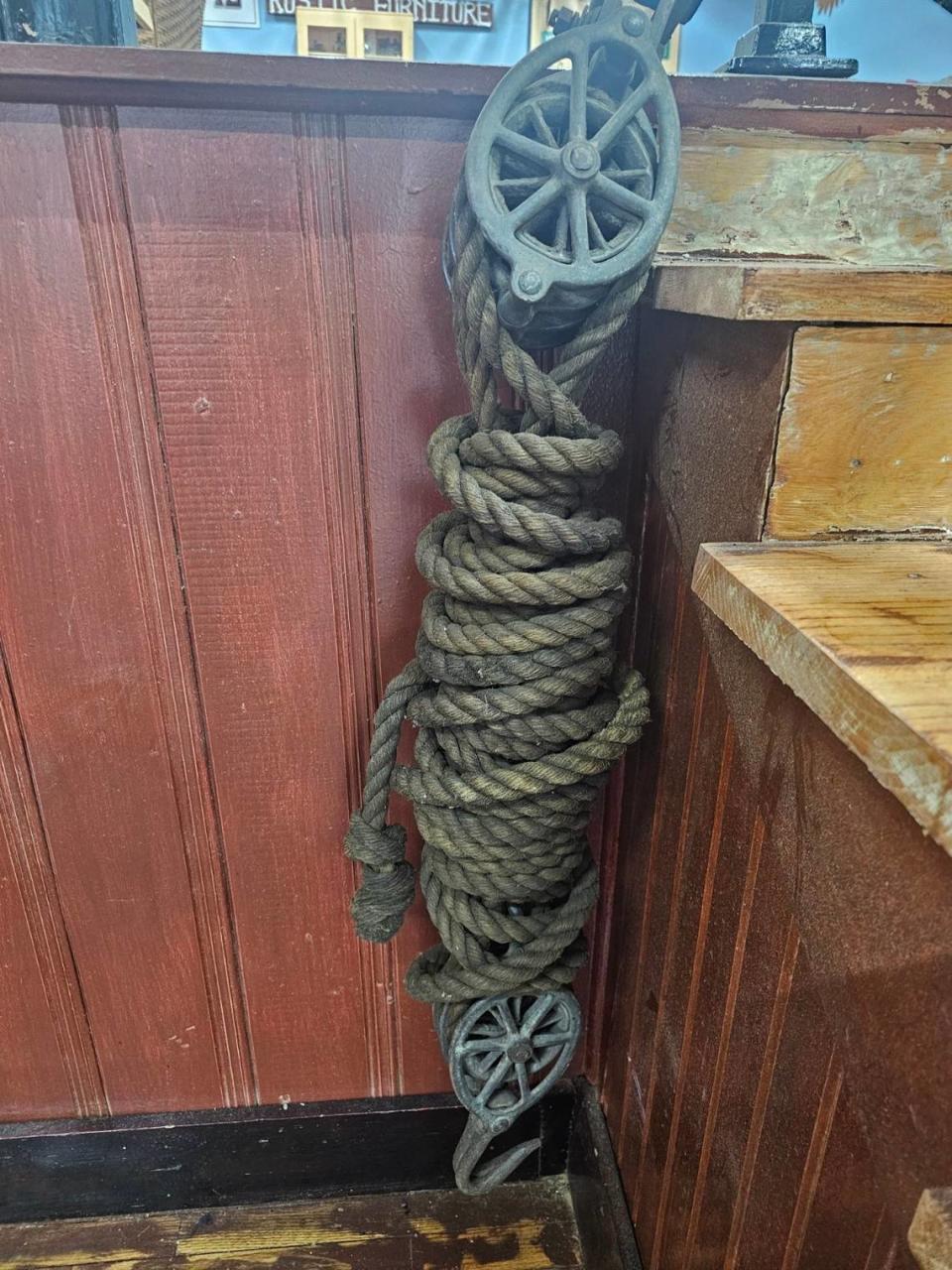
Farmers could raise large, heavy objects to great heights with the aid of pulleys. They have the ability to lessen the force required to raise a weight and to reverse the direction of an applied force. According to Designatronics, the first written record of pulleys dates back to the Sumerians of Mesopotamia in 1500 BCE, where ancient peoples were using ropes and pulleys for hoisting. Howard found this pulley at an estate sale hosted by a farmer in Stop Six.